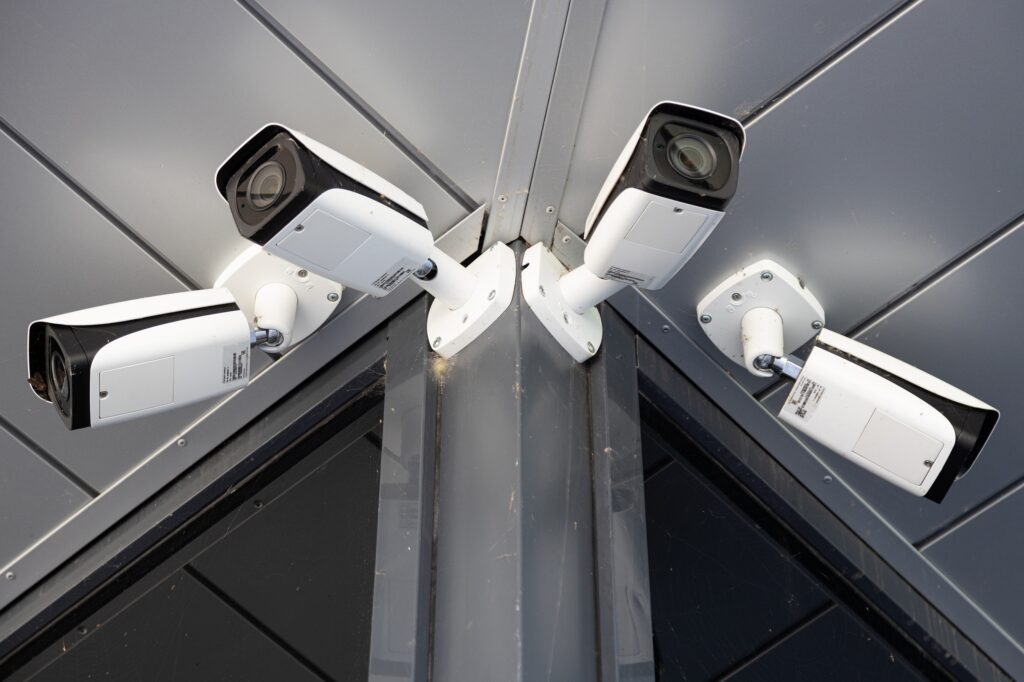Safe custody services and legal compliance
Note: This article makes no claim to be comprehensive and it does not constitute any explicit legal advice. As such, it is for guidance only. For legally binding information, we recommend that you contact a lawyer of your choice and the information that is available publicly.
Many prudent investors store precious metals and other valuable assets in safe deposit boxes. But those who also place a high value on their privacy must realise that today’s financial institutions in many jurisdictions are now obliged to store clients‘ account master data. Furthermore, in certain circumstances, government agencies and others may access this database via what is known as the ‘account retrieval’ procedure. The main driver of this development has been the EU’s 5th Anti Money Laundering Directive (AMLD). Yet it seems not so long ago this same political body brought forward its own GDPR regulations championing data protection and personal privacy. Some commentators believe the new AMLD move signals that in future privacy will be ‘taking a back seat’. So are we now living in an age where ‘anything that is not transparent is automatically assumed to be illegal’?
In essence, the EU’s directive represents an extension of the scope of anti money laundering measures, which inevitably means more people will be affected. For instance, as well as auditors, external accountants and tax advisors, the new regulations will apply to anyone who offers help, assistance or advice on tax as a main profession or even in connection with a business activity. Thus estate agents are now covered by this latest AMLD directive, including those acting as intermediaries in rental transactions. And in addition, enterprises providing exchange services between virtual currencies and legal tender currencies, and also providers of storage facilities, plus traders and intermediaries in the art world (art galleries, auction houses, etc.) will also be subject to this Brussels directive.
In a world where bank credit balances are only legally protected up to certain limits (e.g. £85,000 in the UK), many bank customers understandably choose to diversify and invest some of their wealth in tangible assets such as precious metals. Such physical assets also act as a valuable safeguard against negative interest rates. And naturally, given that home storage of these valuables is rarely a practical solution, storage in bank vaults is often the default option. After all, the level of protection meets modern security standards, and it’s often possible to secure custom vault facilities. Furthermore, we all assume banks can always be relied upon to act with their customary discretion.
Bank obligation to report on safe deposit box holders
Yet it may come as a surprise to discover the reality is not quite as we might anticipate. In order to rent a bank safe deposit box, a customer first has to open an account. So the bank automatically acquires, and stores, customer data. And though the bank staff will not be aware of safe deposit box contents, in any EU-regulated jurisdiction (and other territories choosing to follow suit) there is now a legal obligation to provide information about the existence of a safe deposit box upon request from the authorities. For practical purposes this amounts to a reporting obligation for safe deposit boxes, and applies even after an account has been closed. This means anonymity can no longer be absolutely guaranteed. It also means discretion and confidentiality will now have limits.

© studio v-zwoelf - stock.adobe.com
What about private storage providers?
Of course, precious metals and valuables can also be deposited via privately owned facilities. For instance, some precious metal dealers may have safe deposit boxes available to rent in their in-house vaults. And in many countries , as in the UK and Germany for example, there may be specialist companies with facilities for the discreet storage of assets.
Unlike bank safe deposit boxes, there is no current EU obligation requiring those offering private storage provision to place their client data in a central register, thus making it available to government agencies. And with nothing currently planned, it would appear those renting a private safe deposit box are at least safe for now. Yet a further data transparency rollout cannot be entirely dismissed. Under German inheritance tax law, for instance, there is already an obligation to disclose the value of safe-deposit holdings upon the death of a client – which means, in that jurisdiction at least, advertising claims such as ‘private safe deposit boxes without mandatory registration’ should be viewed with some circumspection.
In the current climate, many investors fear it is probably only a matter of time before the next AMLD expansion sees an obligation for privately managed safe deposit boxes to also be included in a central register.
Central registration and its implications
To recap: According to the EU’s AMLD directive, account information currently held on bank safe deposit boxes will be noted in a central register. And similar obligations apply, for example, in the case of ‘beneficial owners’ of companies and trusts. But as well as the usual official organisations (anti money laundering bodies, judicial authorities, tax officials, etc.), it will now be possible for individuals to publicly access these registers.

© Ivan Traimak - stock.adobe.com
For trusts and similar structures, the register will be accessible to what the directive describes as ‘persons who can demonstrate a legitimate interest’. As is often customary EU practice, member states will define their own internal laws setting out how this notion is to be understood. But the directive itself does make it clear the EU intends such persons to include investigative journalists and NGOs (such as Public Eye, etc.).
In terms of content, as a minimum, the directive wants public access given to the name, month and year of birth, country of residence and nationality of the beneficial owner, together with details of the nature and extent of the beneficial interest. But what may cause some investors greater concern is the EU’s comment that, if they wish, its member states are free to offer access to additional information through their own internal legislation.
Switzerland’s assessment of EU measures
Despite being outside the European Union, Switzerland like many other non-member states still monitors EU legislative changes. In its own analysis of safe deposit boxes and the inherent risk of financial abuse, The Swiss Federal Department of Finance (FDF) report concluded that the country’s current regulations were sufficient and that further regulation would be disproportionate. Outlining some of the matters which influenced their decision, the FDF report observed that:
- extending the term “financial intermediation” to the purely physical storage of assets would be complex and costly;
- existing Swiss regulation is in line with international standards;
- as regards money laundering and terrorist financing, there is little evidence of actual abuse; and
- no distinct public interest has been identified to justify additional regulation.
Alternative safe deposit box storage options
Those seeking ultra-secure, private storage facilities which are not threatened by the manifest erosion of personal privacy represented by this recent EU legislation thus really need to look beyond EU borders. And Switzerland is ideally placed in this respect: It is a non-EU country with a long-established reputation for its unrestricted protection of property rights and privacy. And each extends these rights not only to their own citizens, but also to foreign customers.
Swiss Gold Safe AG can provide bank-independent safe deposit boxes, safes or storage space for rent. There are no statutory reporting requirements to government agencies or external authorities. In addition, the contents remain your property at all times. Without any restrictions – but with significant advantages.
Summary
- the EU’s account retrieval procedure imposes a reporting obligation for bank safe deposit boxes.
- EU member states are free to draft broader and more intrusive surveillance legislation as they wish.
- within the EU, private storage providers are not (yet) required to register data about their safe deposit box clients.
- there are no reporting restrictions at all in Switzerland, making the country an attractive and practical alternative.

